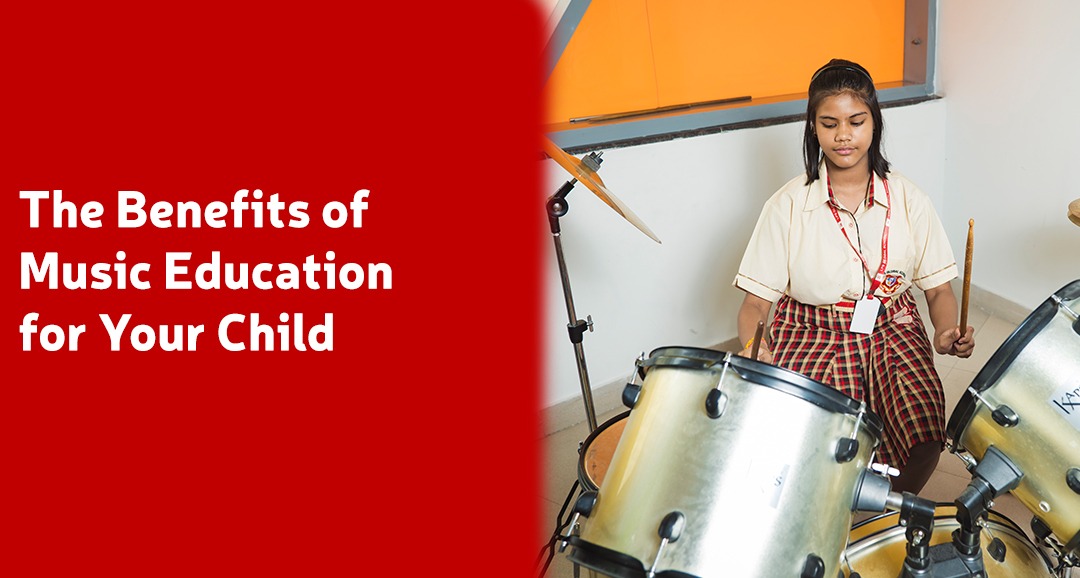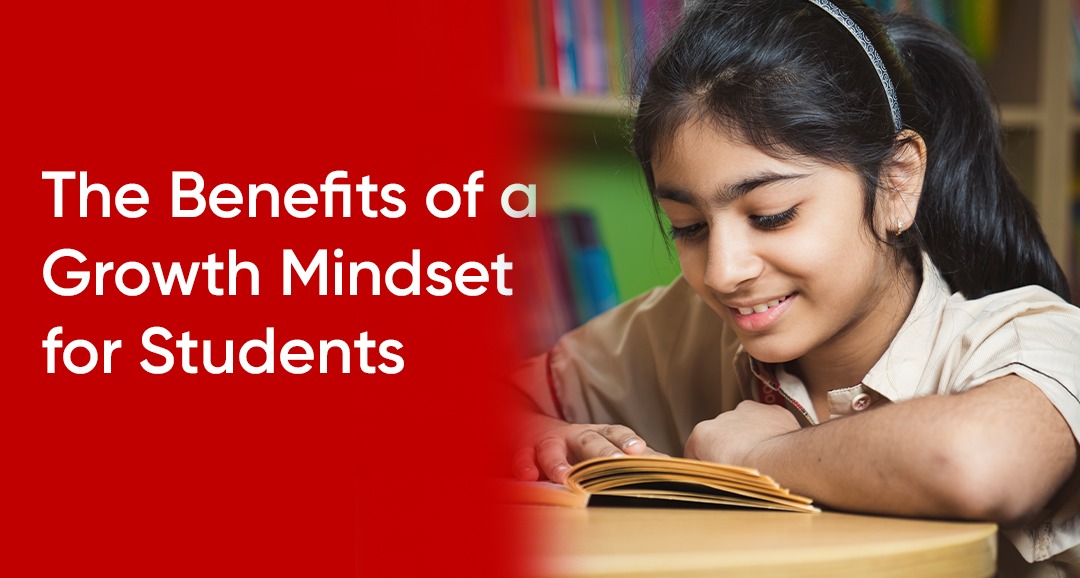Introduction
Music has a magical way of enriching our lives, invoking emotions, and fostering creativity. When it comes to children, introducing them to music education at an early age can have profound and lasting effects on their development. LPS Global School, the best school in Noida, has thoroughly explored the wide-ranging benefits of music education for children. These benefits encompass the enhancement of cognitive abilities, the cultivation of social skills, and the promotion of emotional well-being.
Music Education: A Multifaceted Journey
Music education encompasses a wide range of activities, from singing and playing instruments to learning music theory and composition. It is not just about creating musicians; it’s about nurturing well-rounded individuals.
Incorporating music into your child’s life offers multiple benefits, fostering their development in various aspects –
1. Cognitive Development
- Improved Academic Performance: Numerous studies have shown a strong correlation between music education and enhanced academic performance. Learning to read music notation can be akin to learning a new language, and this cognitive exercise can lead to improved language and mathematical skills.
- Enhanced Memory: Music requires children to memorize songs, rhythms, and melodies. This cognitive exercise strengthens memory retention, which can benefit academic endeavors.
- Better Problem-Solving Skills: Music involves solving complex problems related to rhythm, harmony, and composition. These problem-solving skills can translate into improved critical thinking in other areas of life.
2. Emotional Expression
- Emotional Outlet: Music offers a safe and expressive outlet for children to convey their emotions. Whether it’s the exuberance of a lively tune or the introspection of a sober melody, music provides a channel for emotional release.
- Confidence Boost: Performing in front of an audience, whether in a recital or a school play, can boost a child’s self-esteem and confidence. This newfound self-assuredness often carries over into other aspects of life.
3. Social Skills
- Teamwork: Participating in group music activities, such as a choir or a band, teaches children the importance of teamwork. They learn to collaborate, listen to others, and contribute to a collective goal.
- Communication: Music encourages communication through sound and emotion. Children learn to convey ideas, feelings, and stories through their musical performances.
- Empathy: Playing or singing music with others fosters empathy as children learn to understand and appreciate different perspectives and contributions.
4. Discipline and Patience
- Time Management: Learning to play a musical instrument or preparing for a performance requires dedication and time management. Children learn the value of consistent practice and organization.
- Delayed Gratification: Achieving mastery in music often takes time and persistence. This teaches children the valuable life lesson of delayed gratification and the rewards of perseverance.
5. Cultural and Historical Awareness
- Appreciation of Diversity: Exposure to various musical styles from different cultures broadens a child’s appreciation for diversity and helps them embrace different traditions and perspectives.
- Historical Context: Learning about the history of music introduces children to the cultural, societal, and technological changes that have shaped our world over centuries.
6. Motor Skills and Coordination
- Fine Motor Skills: Playing musical instruments, particularly string or keyboard instruments, enhances fine motor skills and hand-eye coordination.
- Gross Motor Skills: Dancing and moving to music promote gross motor skills and physical coordination.
7. Stress Reduction
- Emotional Well-being: Music has a soothing effect and can reduce stress and anxiety. It provides an emotional escape and helps children relax and unwind.
- Coping Mechanism: Music can serve as a coping mechanism, helping children deal with the challenges and pressures they may encounter in their lives.
Conclusion
Incorporating music education into a child’s life, as practiced by the top school in Noida, can yield profound and extensive advantages. It nurtures cognitive development, emotional expression, social skills, discipline, and cultural awareness. It encourages children to explore their creativity, build confidence, and develop a lifelong appreciation for the arts.
So, whether your child picks up a violin, joins a choir, or simply enjoys listening to music, know that you are providing them with a gift that extends far beyond the melodies and harmonies—it’s a gift that enriches their lives in countless ways, shaping them into more well-rounded, empathetic, and capable individuals. Embrace the magic of music education and watch your child flourish.




